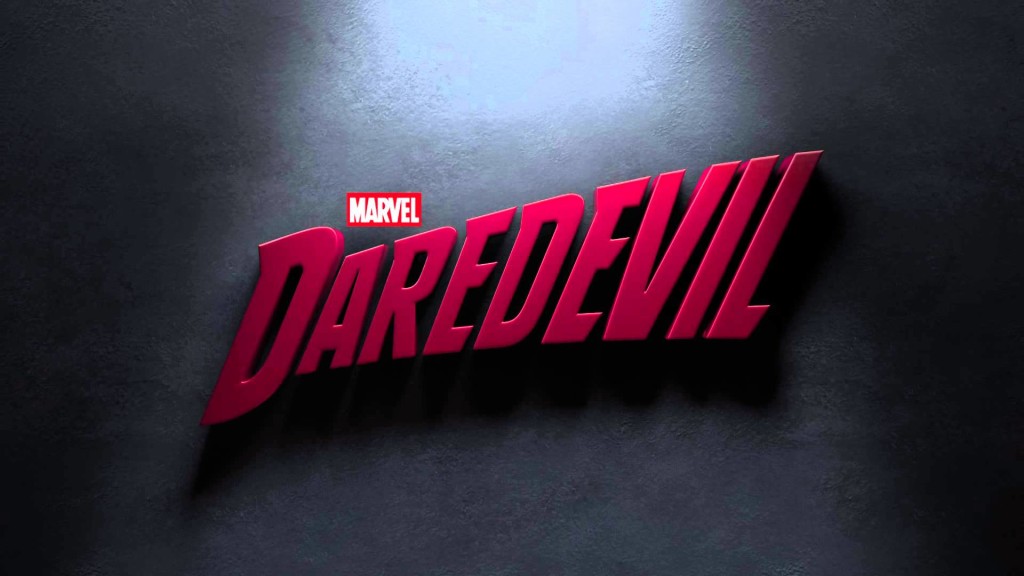Daredevil was a complete surprise to me, in a good way!
There are, as I see it, three main problems with the Marvel Cinematic Universe, as they are calling it these days. First, the entire franchise of blockbuster franchise films quickly turned formulaic and predictable, precisely because they are designed primarily to make money. I know that’s what Disney does with their intellectual properties (prepare for the onslaught of far, far too many Star Wars films in the near future), but I can’t just keep giving them money to watch, functionally speaking, the exact same film over and over again.
Second, in the MCU as it stands now, none of the characters hold any kind of development apart from the most broad of broad strokes. Certainly, the writers did their best to transplant some of the personality of their paper-bound counterparts into the general proceedings, but bombastic giant action setpieces don’t lend themselves to character development. You could say the constraints of 2+ hour films lack the ability to tell a truly serialized story that inhabits the world of these superheroes. Lastly, the prevalence of super powerful beings in this universe turns almost every conflict into a disappointing turn – when you’ve got characters like Thor (or hey, Galactus) in your universe, then it’s really hard to create stakes for immortal beings, if you get my drift.
Daredevil manages to avoid all these problems, and then some. The 13-episode format plays out much more like a comic book than any other part of the MCU, what with the long, protracted conversations that form the core of the series’ plot. I likened it to a crime drama that just happens to involve a blind dude who does martial arts, and that holds true for the most part. Matthew Murdock, our titular hero, is a human being, and he needs to use his wits as well as his skills to survive…or just barely survive, as it is. The combination of these elements give a sense of real risk and investment that you don’t otherwise see in the realm of super heroes (apart from Batman, I suppose, but even Nolan seemed limited by the constraints of film).
This same format also allows the writers to plunge into much darker territory. In a sense, we could call Daredevil very, very violent, but it only comes by way of contrast to the rest of the show’s slow-pacing. It is meant to shock, and look awful and terrible, because real violence is also quite awful and terrible. I hesitate to say any of the violent conflict in this show is meant to look cool at all, simply to be functional. The lack of CGI only adds to that impact, as you feel every blow. Did I mention the buckets of blood? Yeah, there’s a lot of that. But the violence does not exist for its own sake; it represents one of the central themes of Daredevil.
Oe of the central conceits of Daredevil’s most popular run (headed by Frank Miller of Sin City fame) contrasted Daredevil’s pursuit for justice versus his love for violence. In a sense, Murdock likes hurting people; on the other hand, he’s the vigilante for the poor, weak, and downtrodden. Can these two co-exist? Murdock’s Catholic faith also adds to this conflict; it explains why he’s a lawyer that rejected a cushy job to open up a firm in Hell’s Kitchen. On the other hand, the “devil” lives inside him, and it’s just busting to get out, to turn justice into violence as a pleasure for its own sake.
It’s to the show’s credit that it takes these ideological ideas and conflict seriously. Murdock’s Catholic priest isn’t a caricature, but an actual man of faith with actual help. He sense Murdock’s inner conflict (and just about tells him that he knows who he is, if not just by knowing his father’s reputation), and provides actionable, pastoral advice. For Murdock, it’s not just a physical conflict against the powers taking over Hell’s Kitchen, but a real battle for the soul, to do righteousness even in a world of darkness, pain, and suffering. It gives Murdock a motivation that I haven’t really seen in another super hero, not just driven by justice or circumstance but by faith as well.
The show even goes to lengths to show what can happen when a man gives into his base instincts and believes that he, alone, can be the one who dictates what is right or what is wrong. If Murdock believes that a higher power gives us the moral code which we must, at all costs, implement, Wilson Fisk is the other side of that coin. Kingpin, as he’s more often known, believe that he can change this city, but only through what amounts to a cleansing of sorts. The people cannot be redeemed or saved; they must be killed, or ousted, for the new age of Hell’s Kitchen to arrive. Fisk will use any means necessary, even the most heinous of acts, to reach that goal. But therein lies the rub: if a man believe he can change the world, but is only governed by his own rules, who’s to say whether he won’t abuse that power?
The show uses its actors to good use in developing its themes and working to its ultimate, semi-definitive (thank goodness!) conclusion. Every actor seemed tailor made for their parts (maybe except Foggy, but even he steps up to the plate later in the series), and the show has just the right pacing to really make it all come together. So, just so I don’t really spoil anything, I suppose I should just stop talking right now and say WATCH DAREDEVIL NOW. As mentioned previously, though, the violence will definitely turn some people off, as does the enervating nature of the long conversations. But, really, I would rather see people talk about things that the umpteenth action sequence about a fight for whatever.

